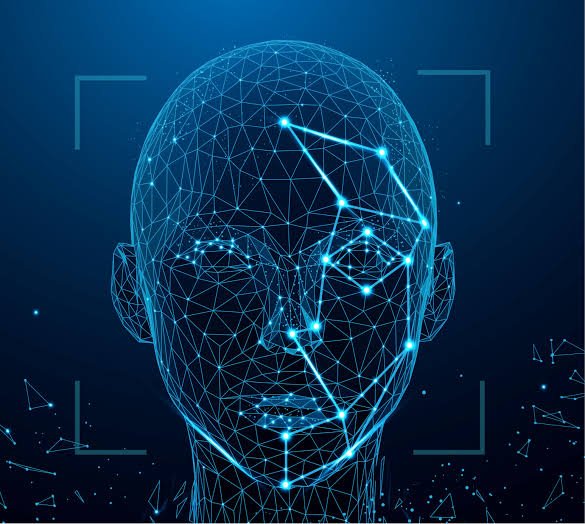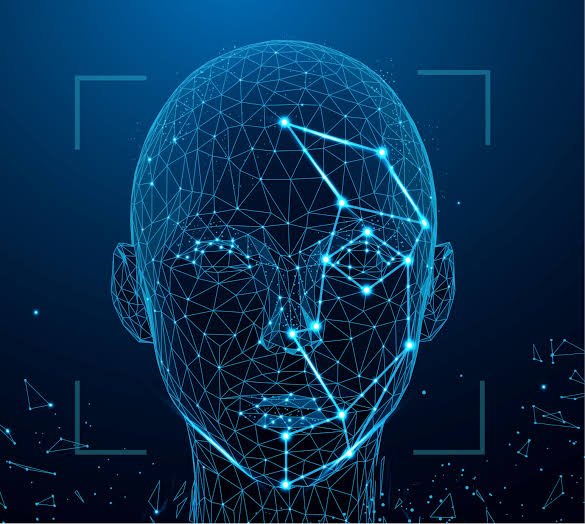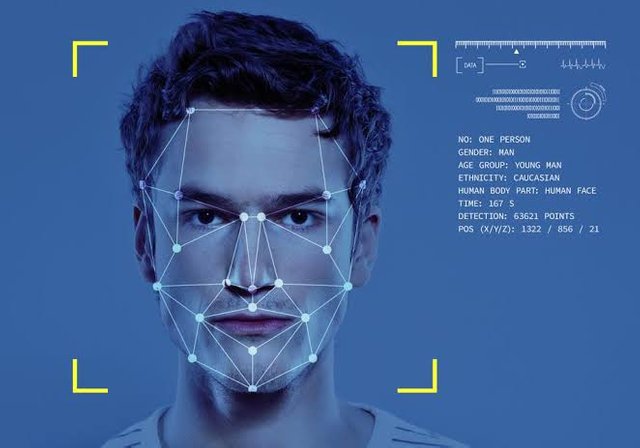An AI That Judges Your Face: The Implications of Advancing Facial Recognition Technology

Introduction
In today's digital age, facial recognition software has become increasingly prevalent in various aspects of our lives. From unlocking our smartphones to personalizing our social media experiences, this technology has become an integral part of our daily routines. However, as this technology continues to advance, it raises important questions about privacy, bias, and the potential consequences of AI judgments on individuals. In this article, we will explore the implications of advancing facial recognition technology and the need to consider its impact on our society.
Facial Recognition Software: Its Prevalent Use and Significance
Facial recognition software has rapidly gained popularity and is now widely used in various industries. It has become a critical tool for security, enabling law enforcement agencies to identify suspects and locate missing persons. Moreover, it has found its way into our everyday lives, allowing us to unlock our smartphones with a simple glance or create personalized experiences on social media platforms. The convenience and efficiency of facial recognition technology have made it a valuable asset across multiple sectors.
The Expectation of Recognition Without Judgment
While facial recognition technology promises convenience and security, one of its underlying expectations is recognition without judgment. We assume that the technology will merely identify and authenticate our faces, without forming any opinions or biases. However, as AI algorithms become more advanced and sophisticated, there is a growing concern about their ability to make snap judgments about a person's appearance.
The Advancement in Facial Recognition Technology
With recent advancements in AI and machine learning, facial recognition algorithms are becoming more adept at analyzing facial features and making predictions about individuals. These algorithms are designed to recognize patterns and correlations between facial characteristics and specific attributes or behaviors. However, the key challenge lies in training the AI to make accurate judgments without falling into the trap of bias or discrimination.

The Impact on Human
Judgments
First impressions are known to significantly influence human judgments and decision-making. This principle applies to various aspects of life, including job interviews, court hearings, and even personal relationships. When AI algorithms make judgments based on facial recognition, they may inadvertently reinforce existing biases or discriminatory practices that exist in society.
Linking First Impressions to Hiring and Sentencing Decisions
The implications of AI judgments based on facial recognition can have far-reaching consequences. For instance, in the context of hiring decisions, if an algorithm considers certain facial features as indicators of competence, it may perpetuate unfair biases and adversely impact diverse candidates. Similarly, if facial recognition technology is used in courtrooms to assess the credibility or guilt of individuals, there is an increased risk of biased judgments and wrongful convictions.
Training an AI Using Machine Learning
To create fair and unbiased AI algorithms, it is crucial to train them using diverse and representative datasets. Machine learning techniques can be employed to expose facial recognition algorithms to a wide range of faces and expressions, allowing them to learn patterns without inherent biases. By incorporating machine learning algorithms, we can strive towards developing AI that is more inclusive and objective in its judgments.
Utilizing Machine Learning to Train the Algorithm
Machine learning can be leveraged to train facial recognition algorithms by using photographs of faces as input data. These datasets must be carefully curated to include individuals from various ethnicities, age groups, and genders. By including a diverse range of faces, the algorithm can learn to make judgments without inadvertently favoring any specific demographic.
The Ethical Concerns
As facial recognition technology becomes more prevalent in our society, it is crucial to address the ethical concerns associated with its use. The potential consequences of AI judgments on individuals, including privacy infringement and discriminatory practices, cannot be overlooked. There is a need to establish legal and ethical frameworks to govern the development and deployment of facial recognition technology.
Considering the Implications for Human Biases and Discrimination
AI algorithms are trained on existing datasets, which may contain inherent biases present in society. If these biases are not addressed during the training process, facial recognition algorithms can amplify and perpetuate discrimination and inequality. It is crucial to develop methodologies that actively mitigate biases and ensure the responsible and ethical use of facial recognition technology.
The Importance of Friendly AI
When designing AI interfaces that interact with individuals, it is essential to focus on creating a friendly tone and positive user experience. An AI that judges based on appearances can result in negative interactions and perpetuate societal biases. By prioritizing a friendly and non-judgmental approach, we can ensure that AI technology serves as a helpful tool rather than a source of discrimination.
Discussing the Need for Positive User Experiences
By prioritizing positive user experiences, AI developers can help foster trust and acceptance of facial recognition technology. Incorporating user feedback, constantly refining algorithms, and addressing privacy concerns can contribute to building a robust and inclusive AI ecosystem. This approach can ensure that facial recognition technology benefits individuals and society as a whole.

Conclusion
As the field of facial recognition technology continues to advance, it is crucial to recognize its potential transformation in how people are judged. Through responsible development and deployment, we can harness the benefits of this technology while mitigating the risks of discrimination and bias. By addressing ethical concerns, training AI algorithms with diverse datasets, and prioritizing positive user experiences, we can shape the future of facial recognition technology in a fair and inclusive manner.